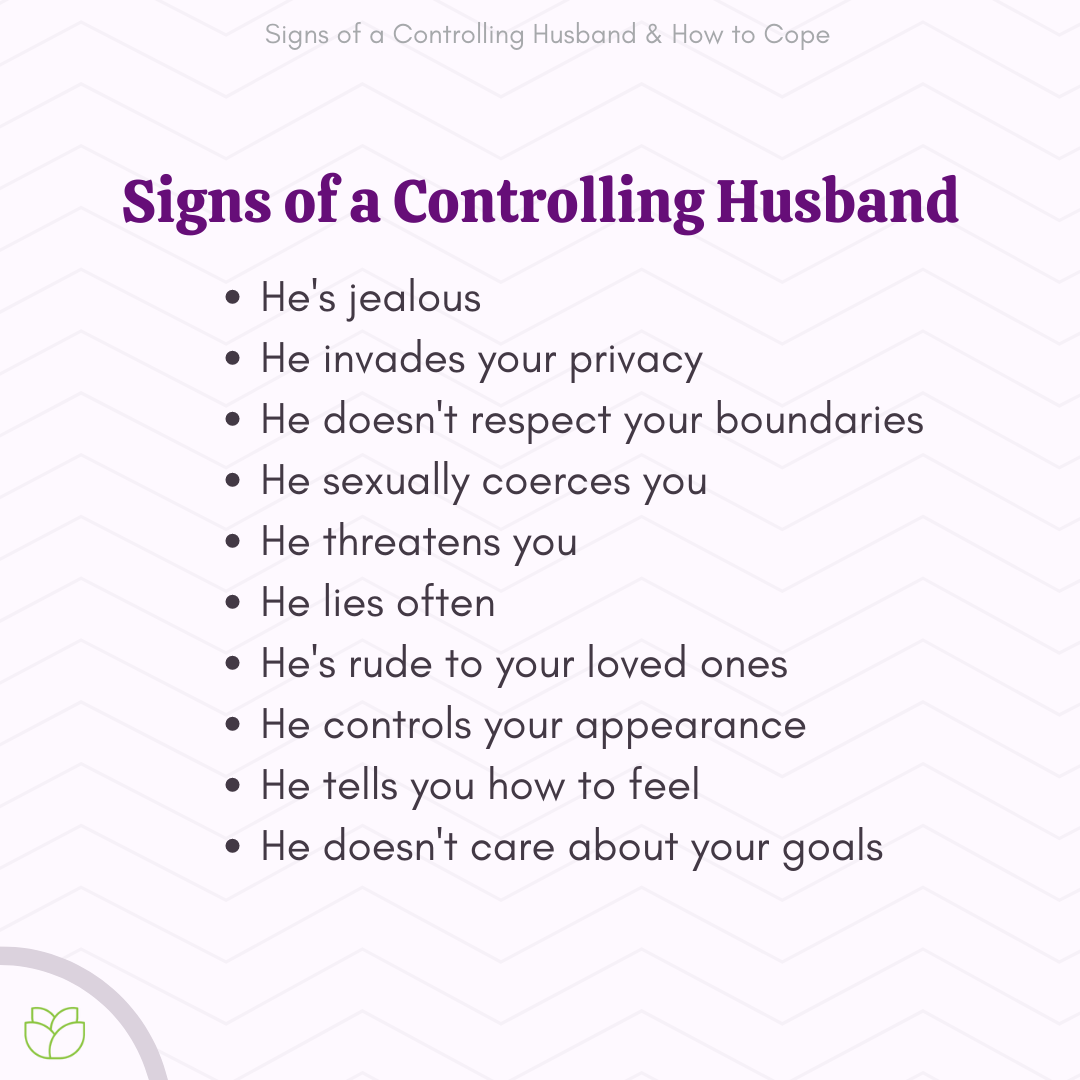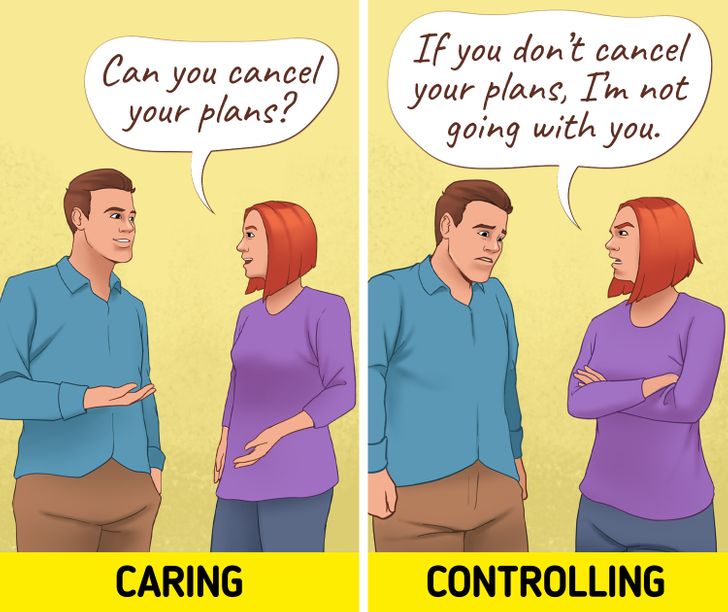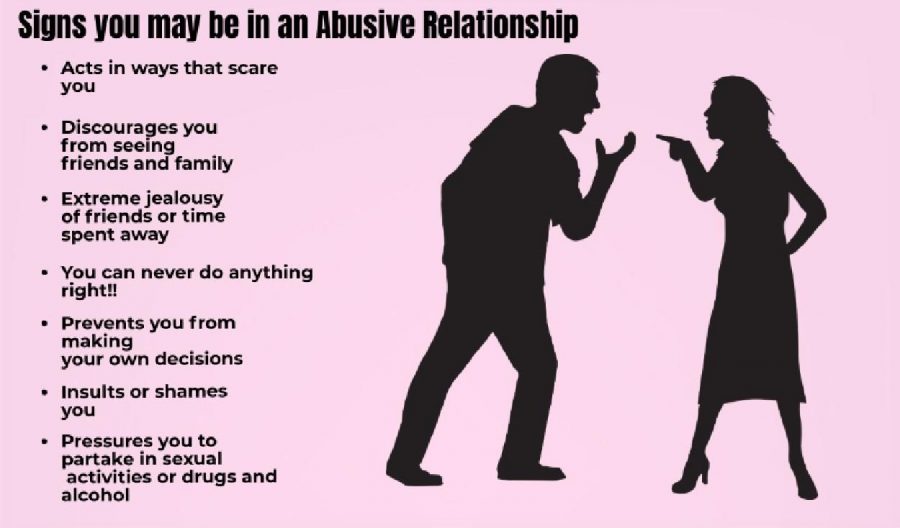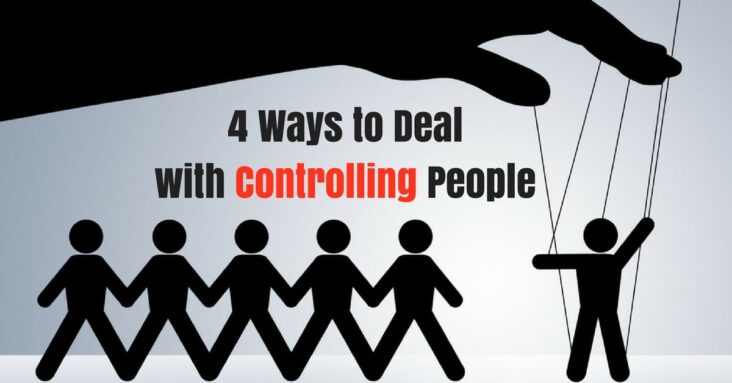When it comes to relationships, having a controlling partner can be very difficult. Knowing how to deal with a controlling partner can be a daunting task, especially if you don’t know what to do. If you’re feeling overwhelmed and struggling to cope with a controlling partner, don’t worry – there are steps you can take to help you manage the situation. In this article, we’ll discuss the signs of a controlling partner, how to handle it, and how to protect your own wellbeing. With the right approach and a bit of patience, you can learn how to effectively deal with a controlling partner and create a healthier, happier relationship.
Acknowledge feelings of fear.

It can be intimidating to express your true feelings to a controlling partner, but it’s important to recognize and acknowledge those feelings of fear. Doing so can help you to better understand your own thoughts and emotions, allowing you to take control of the situation.
Set boundaries & communicate.

When setting boundaries with your partner, be sure to communicate them clearly and firmly. Make sure they understand that you won’t tolerate any controlling behavior and that you expect your boundaries to be respected.
Speak up & stand firm.

It is essential to be assertive and be clear in communicating boundaries and concerns to your partner. It is important to not be afraid to speak up and stand firm in situations that are not comfortable or feel controlling.
Get support from friends.

It can be difficult to get out of an unhealthy relationship, but don’t be afraid to reach out to friends and family for help. They can provide emotional support and help you come up with a plan to end the cycle of control.
Seek professional counseling.

Seeking professional counseling is an important step to dealing with a controlling partner. It can provide a safe and confidential space to better understand and address the issues at hand.
Make safety plan & leave if needed.

It is important to create an exit plan in case you need to leave the relationship suddenly. Have a safe place to go and keep emergency money saved up if needed.




